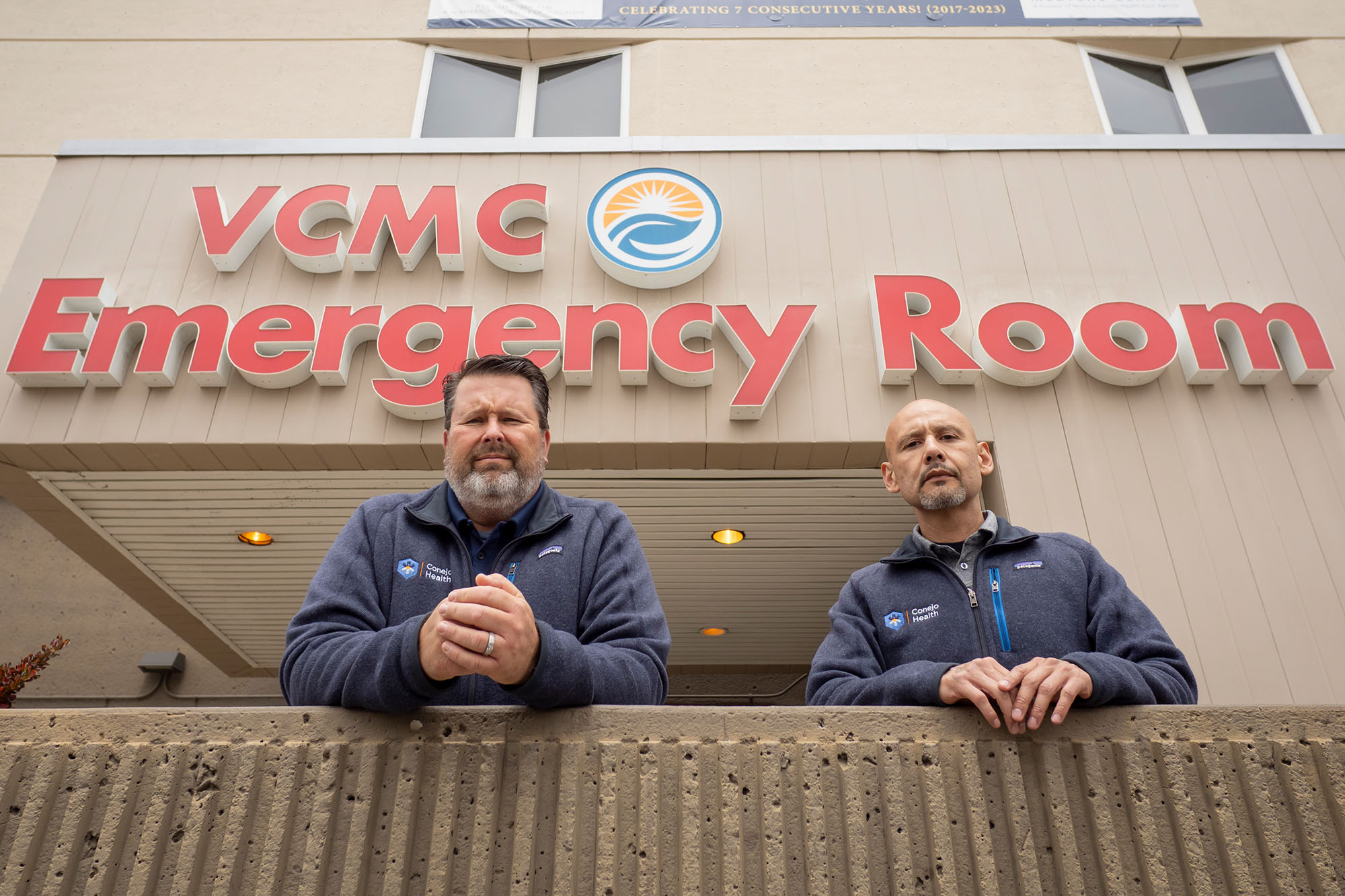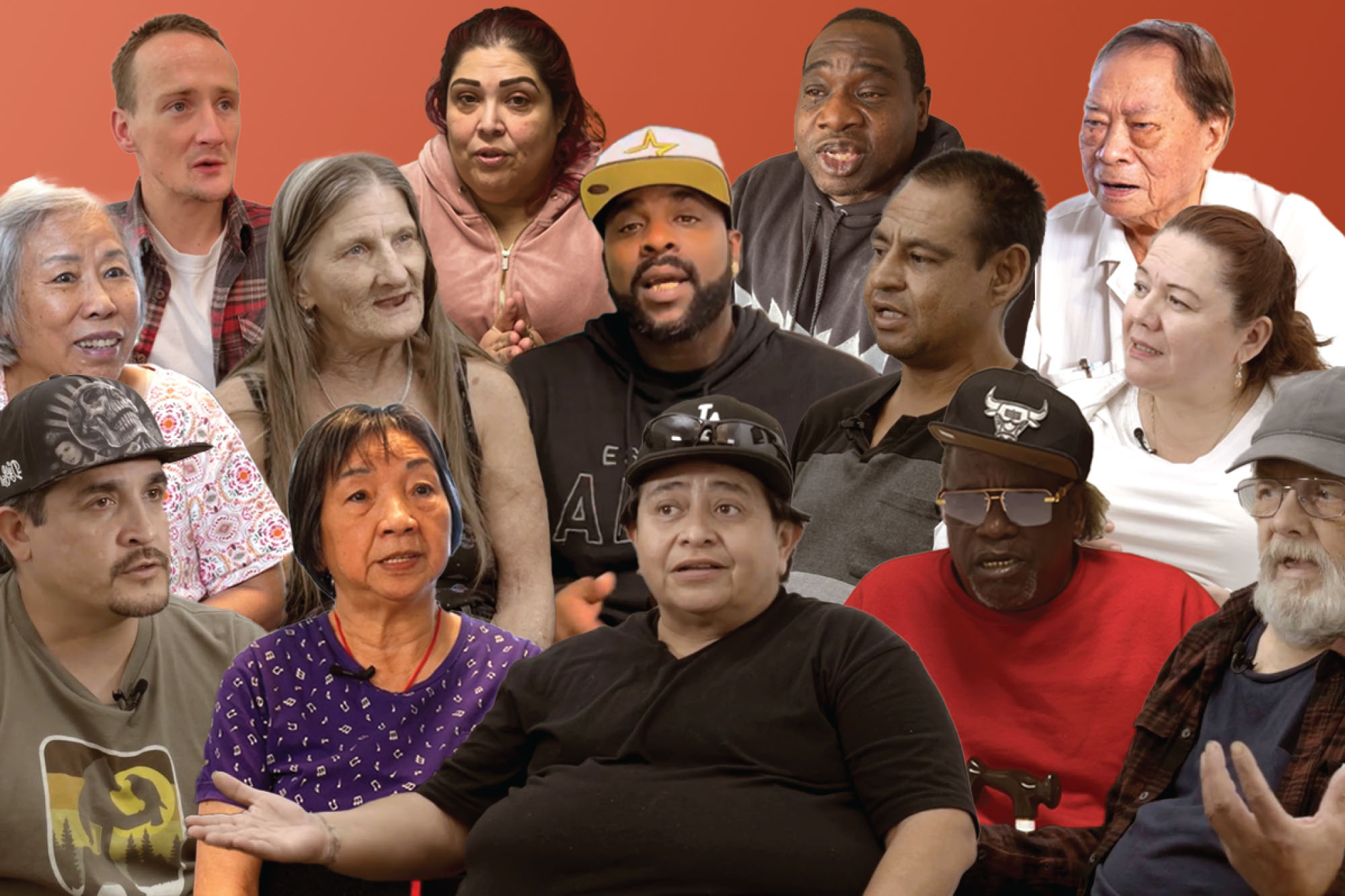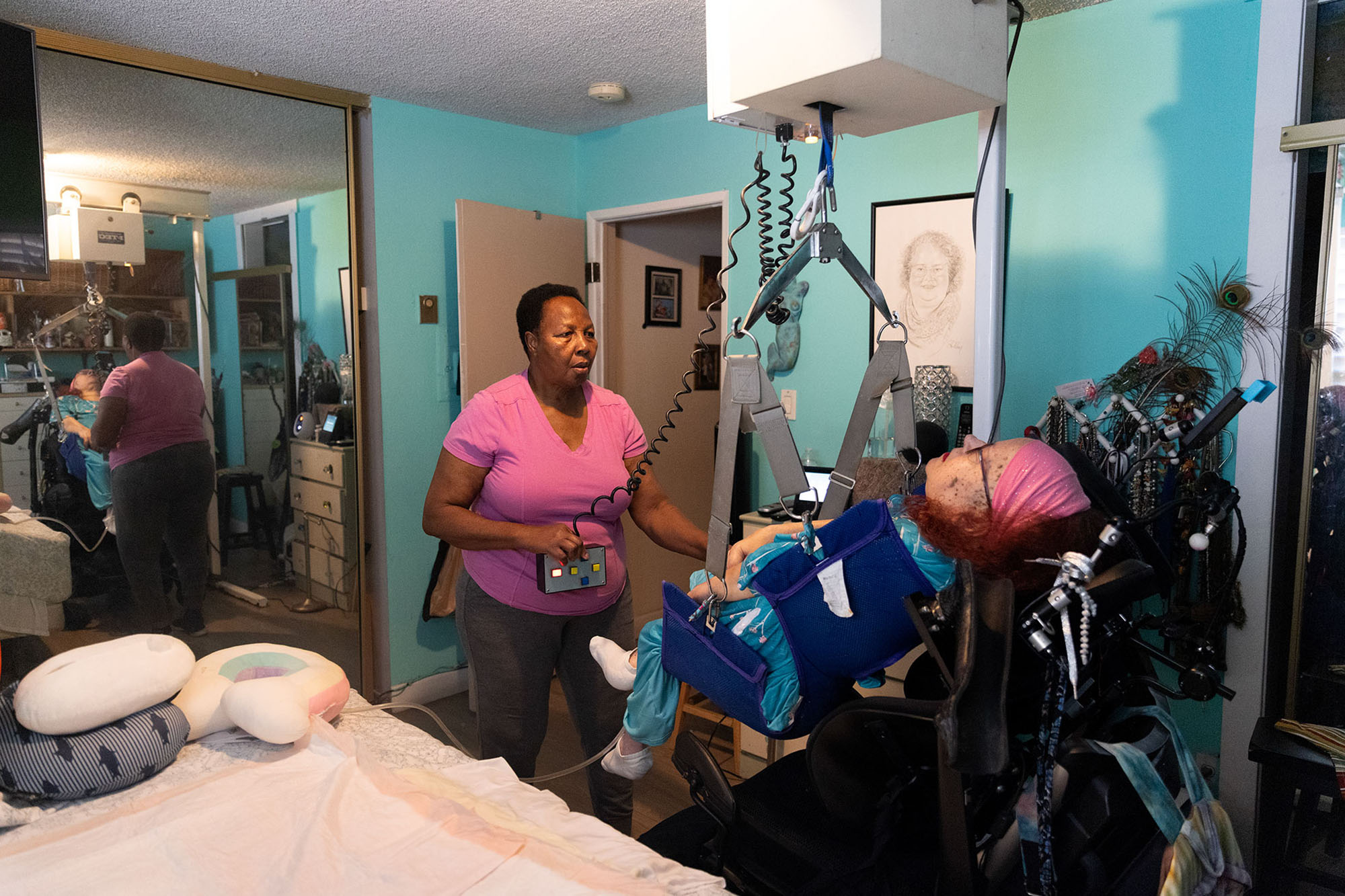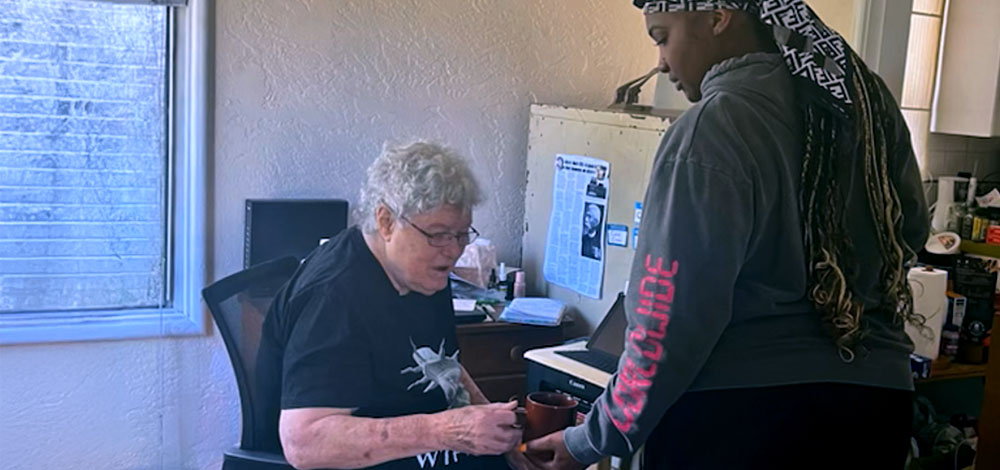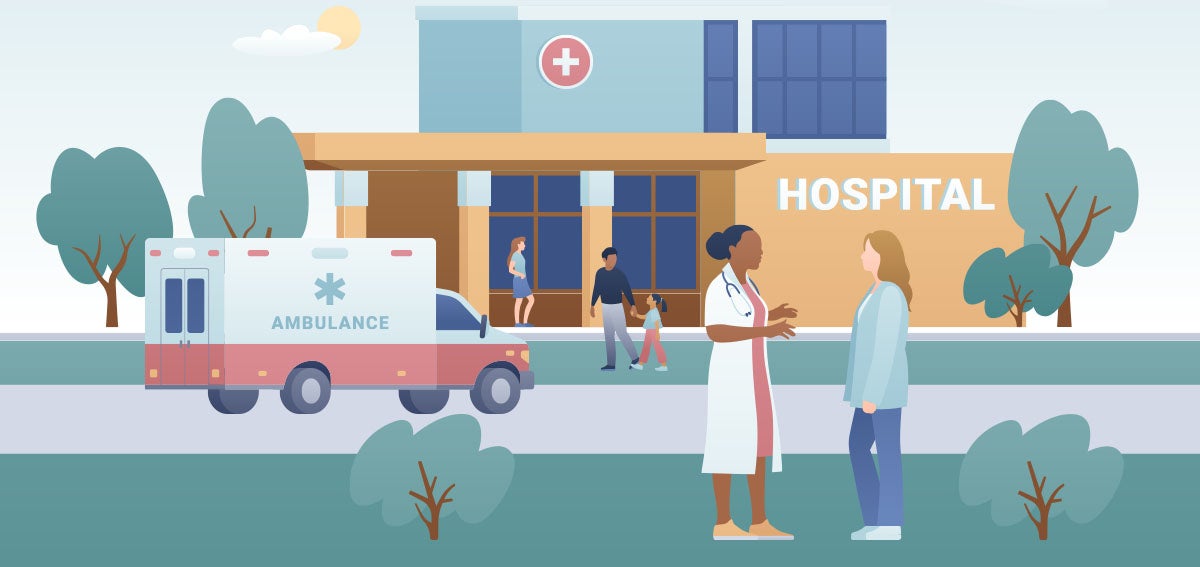View the Report
Jump to All Downloads & LinksKey takeaways
- Hospital presumptive eligibility (HPE) is a crucial tool for expanding Medi-Cal access to California’s uninsured population, but low awareness and confusion about the program’s scope limit its effectiveness as a gateway to ongoing coverage.
- Barriers to transitioning from HPE to ongoing Medi-Cal include lack of information, perceived application complexity, and immigration-related concerns, with Spanish-speaking enrollees facing additional language and cultural obstacles.
- To maximize HPE’s potential, California could implement targeted strategies including multilingual awareness campaigns, streamlined application processes, expanded assistance options, and culturally sensitive support to ensure equitable access to ongoing Medi-Cal coverage for all eligible Californians.
Hospital presumptive eligibility (HPE) is a process that allows qualified hospitals to screen and enroll people in immediate temporary, no-cost Medi-Cal coverage while they apply for ongoing Medi-Cal. However, a substantial portion of HPE enrollees never transition to ongoing Medi-Cal coverage. To understand why, authors conducted a survey of HPE enrollees and focus groups among survey respondents.
Key findings include these:
- HPE is valued yet underutilized. Almost all survey respondents (98%) indicated that HPE was “very” or “somewhat” However, confusion around HPE’s scope and duration of coverage, as well as the application requirements for ongoing Medi-Cal, result in missed opportunities for continued coverage.
- Application assistance is a crucial step on the path to ongoing Medi-Cal. More than four in 10 survey respondents (43%) who applied for ongoing Medi-Cal, and 55% who took the survey in Spanish and applied, said that having help filling out the form was one of the reasons they applied. When provided with various ideas to make the Medi-Cal application process easier, survey respondents were most likely to choose a toll-free hotline with extended hours.
- Spanish speakers face specific challenges. These include language difficulties, high levels of anxiety around the application, and due to federal immigration policy, increased fears regarding immigration implications. The vast majority of Spanish speakers who did not apply for ongoing Medi-Cal (90%) said they would have been more likely to apply if they could have received help.
Authors suggested several actionable strategies, including the following:
- Simplify the application process. Streamline the ongoing Medi-Cal application, and better leverage the completed HPE application to make the process of transitioning to ongoing Medi-Cal easier.
- Expand and publicize assistance options. Establish a centralized call center with extended hours and multilingual support. Increase training and incentives for hospitals and community partners to assist HPE enrollees.
- Implement reminders and follow-ups. Develop a systematic approach for reminding HPE enrollees about the need to apply for ongoing coverage, utilizing various communication methods to reach a diverse audience.

